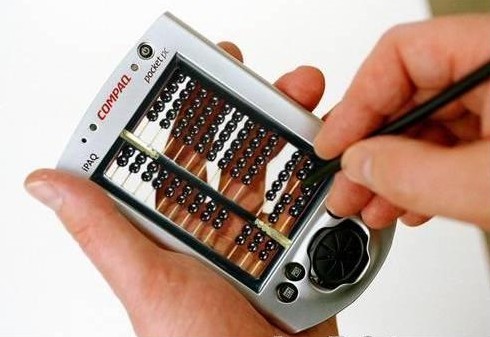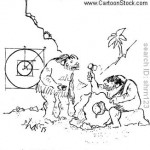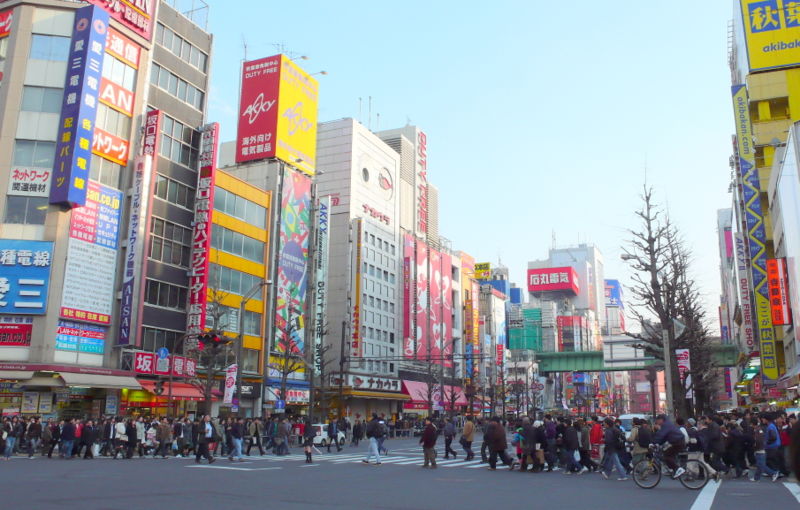
According to Chow, “The meaning of text involves writing and reading or, more appropriately, production and consumption. Production carries the intention of the author, while consumption is the process by which the reader makes meaning”.
A different approach to technology was explained by McLuhan as , “Technology is literally an extension of man, as the axe is an extension of the hand, the wheel of the foot. Most instruments are attempts to extend man’s physical capacity, a capacity shared with other animals. Communications technology, on the other hand, is an extension of thought, of consciousness, of man’s unique perceptual capacities. Thus communications media, broadly used to include all modes of symbolic representation, are literally extensions of mind”.
References
Chow, Kenny K. N. Operating Text and Transcending Machine: Toward an interdisciplinary Taxonomy of Media Works, LEONARDO, Vol. 41, No. 4, pp. 373-378, 2008.
Rosenthal, R. (ed), McLuhan Pro and Con, p 273, Baltimore: Penguin Books, 1968.












